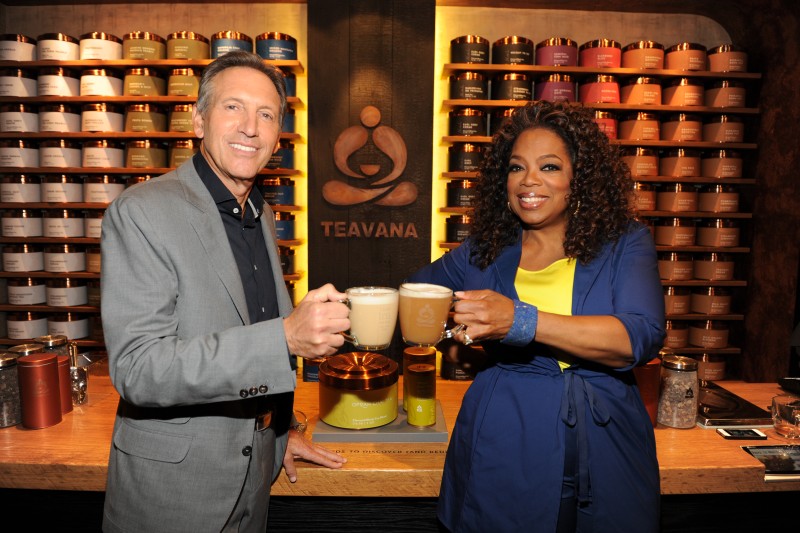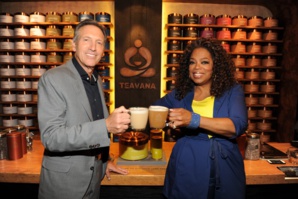The Founder and CEO of Starbucks, Howard Schultz, would like to start a conversation regarding race, irrespective of the fact that it is a touchy topic. Customers are not too sure, whether this is in fact a good idea.
“You might want to talk about racial issues if you’re Caucasian, but it’s more difficult if you’re African-American,” said Felicia Green, a Starbucks customer.
Another said, “people won’t be able to take it ... they may be offended by the truth”.
This is likely to be part of Howard’s plan for the #RaceTogetherCampaign which will see employees put hashtags on coffee cups as an invitation for customers to talk about race. It is not very clear though, how this race therapy with coffee will play out with his customers.
At the onset of this campaign itself, Schultz and Starbucks drew widespread criticism of trying to exploit an explosive issue for marketing purposes. Irrespective of Schultz’s genuine intentions, not too many employees or customers have taken his suggestions, for they are not mandatory. Schultz says, it is only an invitation to “try to engage them in a discussion.”
Mr. Schultz has consciously taken this difficult path for he sees a growing inequality of opportunity, a “fracturing of the American dream”. And he can especially relate to it, since he has spent a greater part of his childhood in Brooklyn and has gone one to become one of America’s wealthiest man, with a net worth of $2.6 billion. The story of Starbucks’s success, followed the same projectory - of rags to riches – as that of its founder.
In an article in the Seattle Times, Schultz said, “The divide between profitability and doing the right thing is collapsing.” And that is why he is trying to “redefine the role and responsibility of a public company”.
He went on to say: “I don’t know where this will go, but I don’t feel, candidly, that just staying quiet as a company and staying quiet in this building is who we are and who I want us to be.”
Although not too many employees are happy to shoulder the responsibilities of Schultz’s “conscious capitalism”, the level of customers have not really dropped because of the campaign.
In fact, The Joint Chief Executive of Whole Foods Market, Mr. Walter Robb, was supportive of Schultz’s vision. In an interview to the Seattle Times, he said, the “Government has shown its limits, and its inability to act in many cases; it’s really incumbent on business to step up to a broader view of responsibility.”
Starbucks’s sense of righteousness could backfire in the form of creating higher expectations which it may find difficult to meet. Nancy Koehn, a professor from Harvard Business School says, “You’re going to open the door to all kinds of people holding you to all kinds of different standards. Small things can trigger great rage.”
Although in the past Starbucks has faced several criticisms over a range of issues, be it distribution of tips, to finely tuned timetables made by computer which baristas have to adhere to.
However, ever since he visited Italy and experienced how the locals used coffee cars as a “a place for conversation and a sense of community”, Schultz has guided Starbucks in that direction. His vision of Starbucks is not restricted to just being a supplier of caffeinated drinks. When the flames of unrest were bring fanned by racial issues in in Ferguson, Missouri, Schultz convened meeting with his employees in Seattle and in cities all across the US, in order to discuss the matter at hand.
“We at Starbucks should be willing to talk about these issues in America. Not to point fingers or to place blame, and not because we have answers, but because staying silent is not who we are,” says Schultz.






